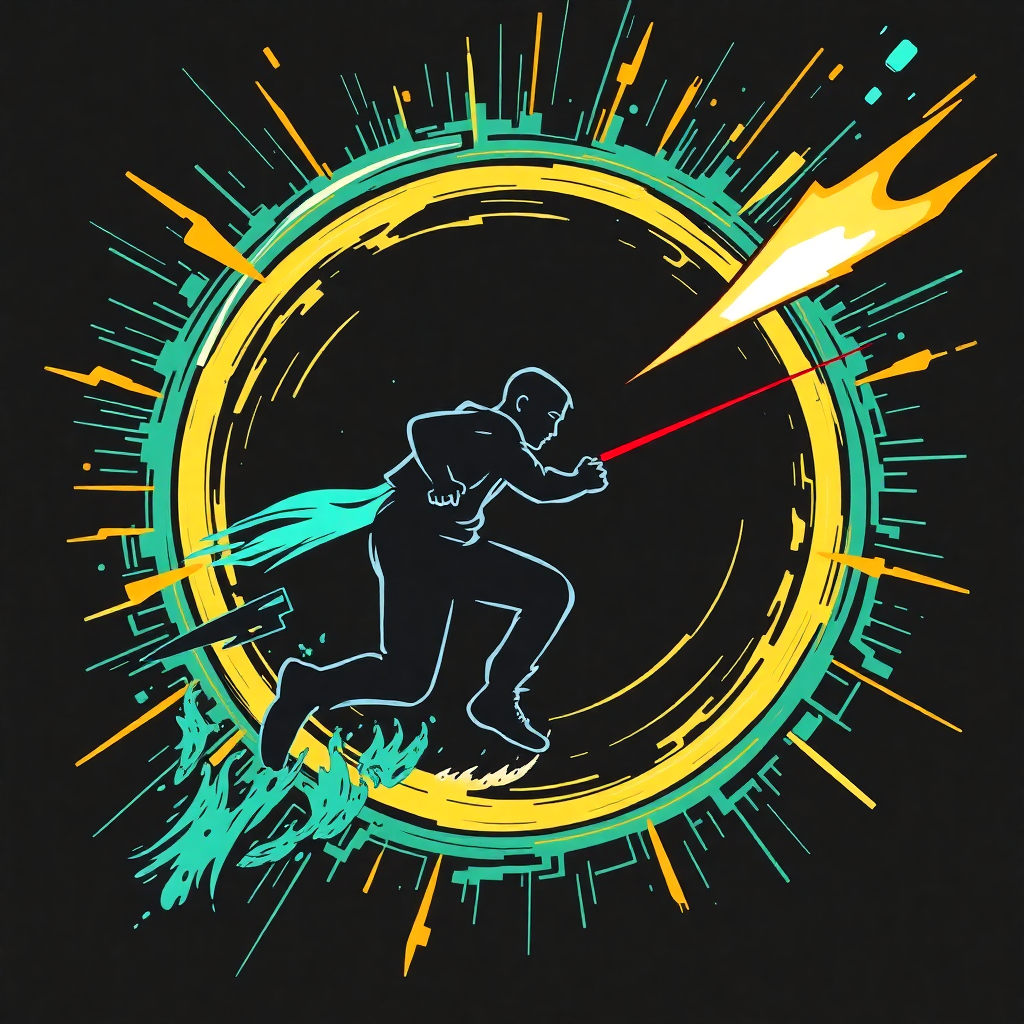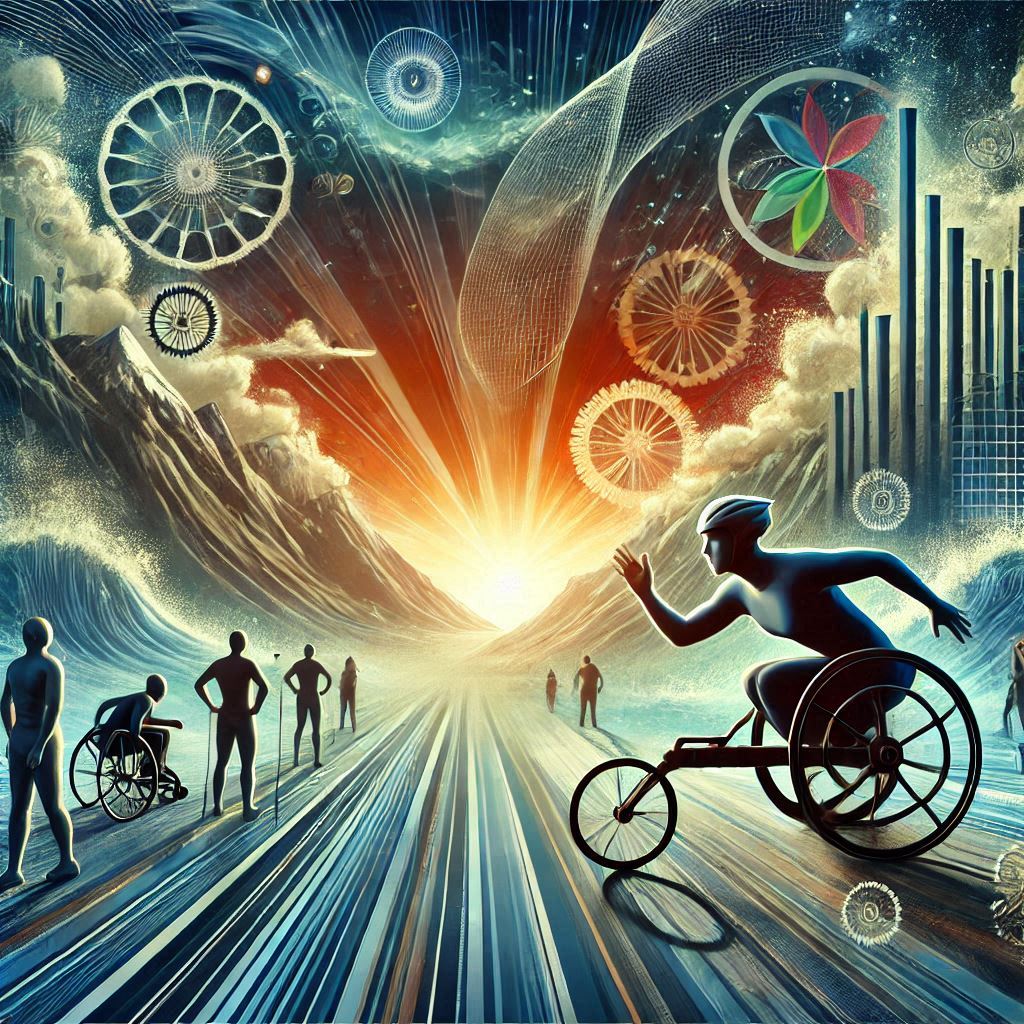Sports and Active Lifestyles
Lifestyles Enhance Reaction Times
Life often demands quick decisions and instantaneous responses, whether you’re navigating traffic or catching a falling object. Reaction time is a critical skill that influences both performance and safety in everyday scenarios. Fortunately, engaging in sports and maintaining an active lifestyle can significantly boost your ability to react swiftly and efficiently. These activities not only strengthen the body but also sharpen the mind, enhancing reflexes and decision-making capabilities.

Physical Activity Builds Neural Connections
Active lifestyles aren’t just about fitness—they create a profound impact on the brain. Regular exercise boosts the development of neural pathways, enhancing coordination and reflexes. Activities like running, swimming, or cycling stimulate motor skills, improving how efficiently your brain communicates with your muscles.
Sports, specifically, challenge the brain to anticipate and respond. For instance, tennis players must assess an opponent’s moves instantly, forcing their brain to engage in high-speed decision-making. This dynamic interaction strengthens neural networks and makes reactions quicker over time.
Sports Encourage Focus and Predictive Skills
Playing sports doesn’t just activate your body—it sharpens your mind. Competitive games often demand players to focus on multiple elements simultaneously, the ball, the opponent, the score. This practice enhances focus and predictive abilities, allowing the brain to process events faster and with precision.
Sports like soccer, basketball, and hockey are prime examples, as players must anticipate moves and react intuitively. Over time, these predictive skills translate into real-world advantages, from quicker driving reflexes to better workplace responses.

The Role of Aerobic Exercise in Brain Health
Aerobic activities like jogging or dancing improve oxygen flow to the brain. With better oxygenation, the brain works more efficiently, supporting quicker decision-making processes. It’s not just about speed; oxygen boosts clarity, enabling thoughtful reactions even under pressure.
Research confirms that individuals who engage in regular aerobic exercise often outpace sedentary peers in reaction time tests. For instance, athletes consistently demonstrate superior reflexes in response to stimuli compared to less active counterparts.
Stress Reduction Leads to Sharper Reactions
An active lifestyle is a natural antidote to stress. By releasing endorphins, physical activity reduces anxiety and mental clutter, which often slow reaction times. With a calmer mind, responses to external stimuli become instinctive and efficient.
Sports add an extra layer by simulating high-pressure environments in a controlled setting. This trains individuals to remain composed while reacting swiftly—a skill invaluable in professional and personal spheres.

Fine Motor Skills and Reflex Training
Certain sports and activities focus on fine motor skills, which are essential for quick reactions. Practicing precision sports such as archery or table tennis can improve dexterity and hand-eye coordination, leading to faster reflexes and better response accuracy in daily situations.
Team Sports Foster Cooperative Response Dynamics
Playing team sports develops not only individual reflexes but also cooperative response dynamics. Activities like volleyball or rugby require players to anticipate their teammates’ moves and act in tandem. This collaborative aspect trains the brain to process multiple cues simultaneously, enhancing reaction times in social and professional settings.
Strength Training and Muscle Memory
Strength training enhances muscle memory, which is the body’s ability to perform movements reflexively without conscious thought. Lifting weights or engaging in resistance exercises primes the body for quicker reactions, as stronger muscles respond faster to neural commands.
Mind-Body Connection Through Yoga and Pilates
Disciplines like yoga and Pilates promote a deep connection between the mind and body. These practices emphasize controlled movements and mindfulness, which improve focus and awareness. The heightened self-control gained through such activities contributes to sharper reactions in both calm and chaotic environments.
Sports as a Training Ground for Multitasking
Many sports serve as excellent training grounds for multitasking, requiring players to make decisions while executing physical movements. For example, basketball players dribble, track opponents, and strategize simultaneously. This mental and physical multitasking sharpens the brain’s ability to respond to complex stimuli quickly and effectively.

Conclusion
The intersection of sports and active living with reaction times highlights their transformative potential. Beyond physical fitness, these practices train the mind to adapt and respond in high-stakes situations. From improved neural connectivity to better stress management, the benefits extend far beyond the field or gym. Whether you’re an athlete or simply someone looking to enhance daily performance, embracing an active lifestyle is a rewarding step towards a sharper, more agile self.
Join the Discussion
What do you think about the connection between sports, active lifestyles, and improved reaction times? Have you experienced sharper reflexes or quicker decision-making as a result of physical activity? Or do you have a favorite sport or exercise routine that challenges both your body and mind?
#ActiveLifestyle #SportsBoostBrain #ReactionTime #FitnessJourney #ExerciseBenefits #StayActive #HealthyLiving #ReflexTraining #QuickReactions #FocusEnhancement #BrainHealth #PhysicalActivity #TeamSports #MindBodyConnection #AerobicExercise #SportsPower #MuscleMemory #StressRelief #FineMotorSkills #SportsScience #FitnessGoals #SharpReflexes #ImprovedReactionTime #SportPerformance #YogaBenefits #ReactionSkills #HealthyMind #QuickDecisionMaking #AgileLiving #PrecisionTraining #ActiveMind





4 thoughts on “How Sports and Active Lifestyles Enhance Reaction Times”